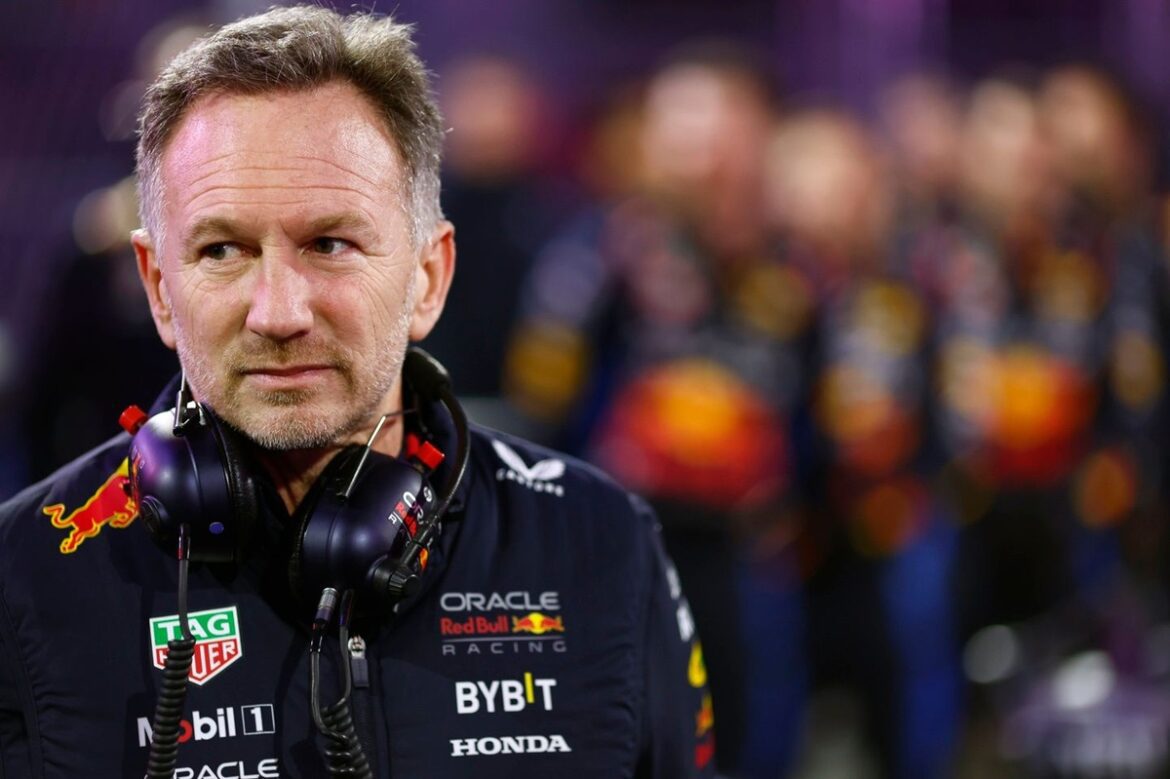Christian Horner’s Departure from Red Bull Racing: A New Era Begins
Christian Horner, a prominent figure in the world of Formula 1, has officially concluded his tenure as the director of several Red Bull entities in the UK. This development comes just a month after his unexpected dismissal as the team principal and CEO of Red Bull Racing. His departure marks the end of a significant chapter in the team’s history, one that has spanned over two decades and is characterized by remarkable achievements and challenges.
A Shift in Leadership at Red Bull Racing
Horner’s exit from his long-held position was prompted by a decision from Red Bull’s shareholders to initiate a change in leadership shortly after the British Grand Prix. For 20 years, Horner had been at the helm of Red Bull Racing, guiding the team to numerous victories and championships. However, the Austrian side of the organization sought to reclaim control over Horner’s extensive responsibilities, leading to the appointment of Laurent Mekies as his successor. Mekies, a former team boss at Racing Bulls, will focus primarily on the operations of Red Bull Racing, indicating a shift towards a more streamlined leadership approach.
Despite being removed from his operational role, Horner remained listed as the director of several Red Bull entities registered at the UK’s Companies House. These included Red Bull Racing, Red Bull Technology, and Red Bull Powertrains, which is responsible for the current Honda-built engines, as well as Red Bull Powertrains 2026, which is focused on future engine developments. However, recent filings indicate that Horner’s official ties to these companies have now been severed, suggesting that terms of his departure have been finalized with the 51-year-old.
The Legacy of Christian Horner
During his time with Red Bull, Horner witnessed the team ascend to extraordinary heights. Under his leadership, Red Bull Racing secured an impressive eight drivers’ championships and six constructors’ titles. The team dominated the sport during two significant periods, with drivers like Sebastian Vettel and Max Verstappen leading the charge. Vettel’s four consecutive championships from 2010 to 2013 established Red Bull as a powerhouse in Formula 1, while Verstappen’s recent successes have further solidified the team’s legacy.
Horner’s management style was often highlighted by his ability to foster strong relationships within the team, as well as his knack for navigating the high-pressure environment of Formula 1. His leadership not only contributed to the team’s on-track successes but also played a crucial role in shaping its identity and culture.
Controversies and Challenges
Horner’s career, however, was not without its controversies. Last year, he faced scrutiny due to allegations of inappropriate behavior towards a team employee. An internal investigation was conducted, ultimately clearing him of any wrongdoing. Nonetheless, this incident contributed to a growing divide between Horner and the Austrian side of the organization, which had become increasingly wary of the influence he wielded within the team.
The dynamics of Formula 1 are often complex, with team management, driver relationships, and corporate interests all intertwining. Horner’s relationship with the Red Bull hierarchy became strained as the organization sought to assert its authority over team operations. The decision to replace him with Mekies reflects a broader strategy aimed at realigning the team’s management structure and ensuring a more centralized approach to decision-making.
A New Direction for Red Bull Racing
With Horner’s departure, Red Bull Racing embarks on a new path. The appointment of Laurent Mekies signifies a commitment to maintaining the team’s competitive edge while addressing the challenges that come with evolving leadership dynamics. Mekies brings valuable experience to the role, having previously served as a team principal and racing director. His focus on Red Bull Racing’s core operations suggests a renewed emphasis on performance and strategic development.
In addition to Mekies, Red Bull has also appointed Alan Permane as the new director of Racing Bulls, promoting him from his previous role as racing director. This move highlights the team’s intention to strengthen its operational efficiency while ensuring that experienced personnel continue to guide its future endeavors.
The Future of Red Bull Racing
As Red Bull Racing navigates this transitional period, the focus will undoubtedly be on maintaining the momentum established during Horner’s tenure. The team will need to adapt to the changing landscape of Formula 1, which is characterized by intense competition and technological advancements. With new regulations on the horizon, the team must prioritize innovation and adaptability.
Max Verstappen, the current star driver for Red Bull Racing, will play a pivotal role in shaping the team’s future. His remarkable talent and competitive spirit have already set him apart as one of the sport’s elite drivers. The team’s ability to support Verstappen’s ambitions while fostering a cohesive team environment will be crucial in the coming seasons.
Conclusion
Christian Horner’s departure from Red Bull Racing marks a significant turning point for the team. With a new leadership structure in place, Red Bull is poised to tackle the challenges ahead while building on the legacy that Horner helped create. As the organization shifts its focus and strategies, the excitement surrounding Formula 1 will continue, with fans eagerly anticipating what the future holds for Red Bull Racing in the highly competitive world of motorsport.
